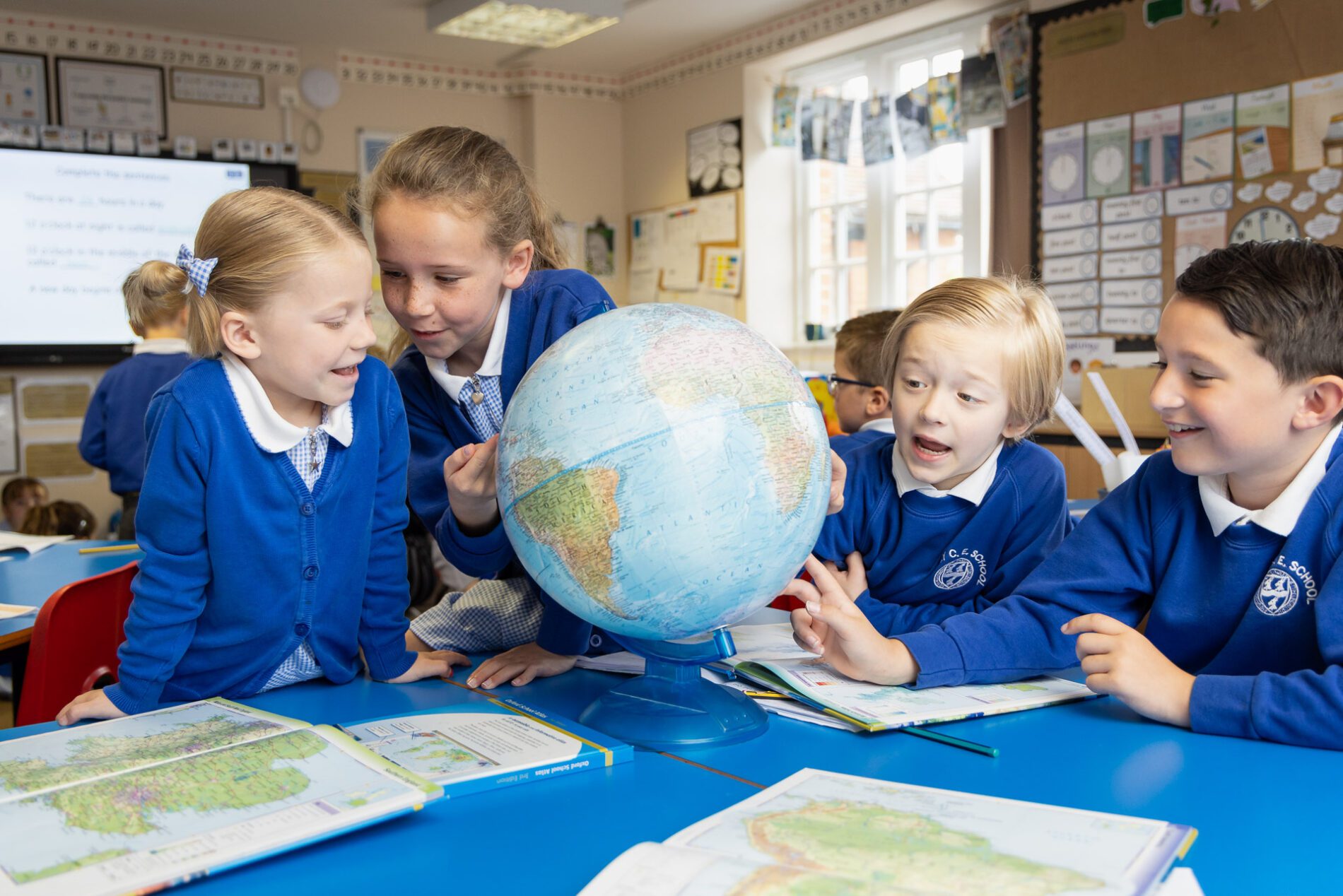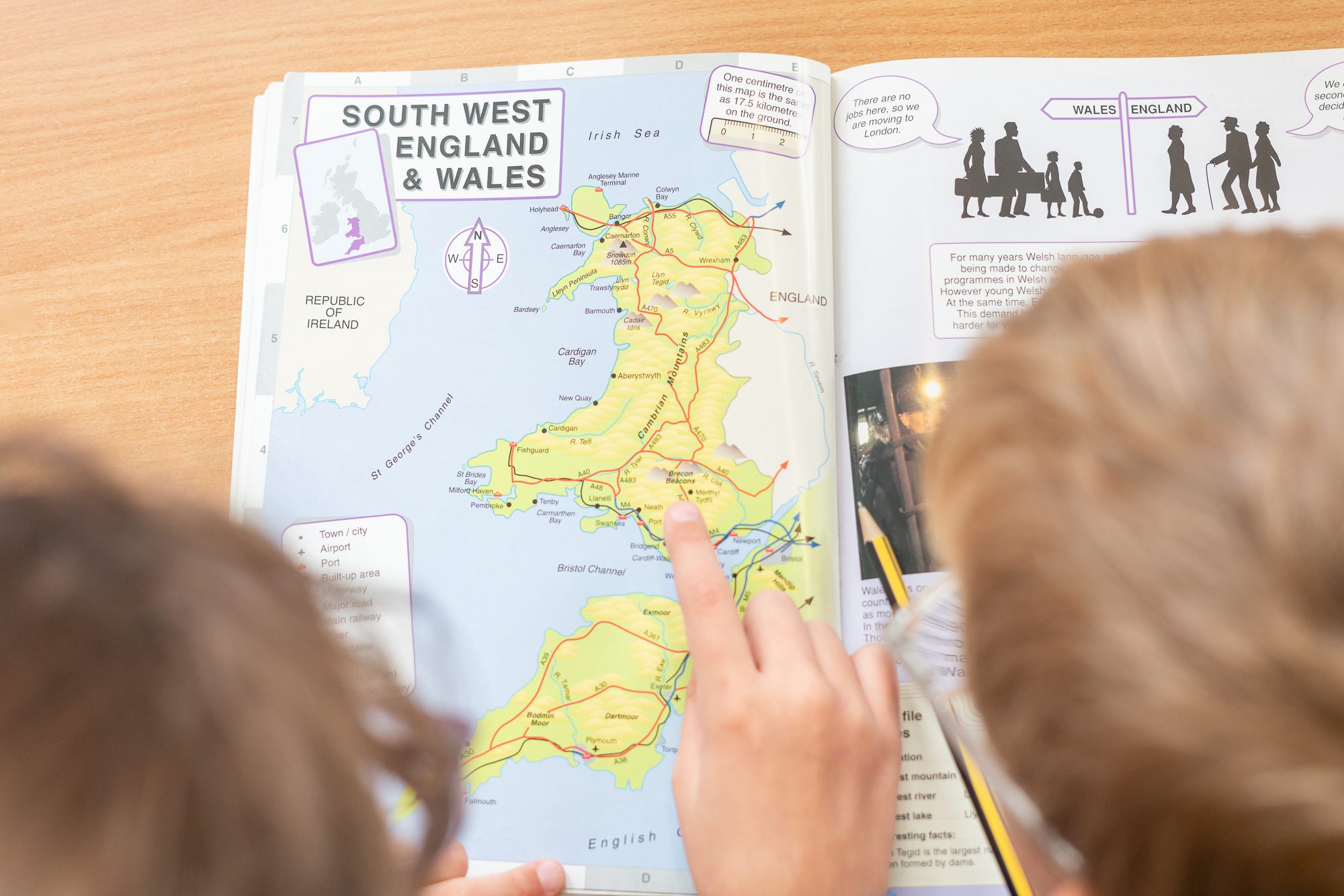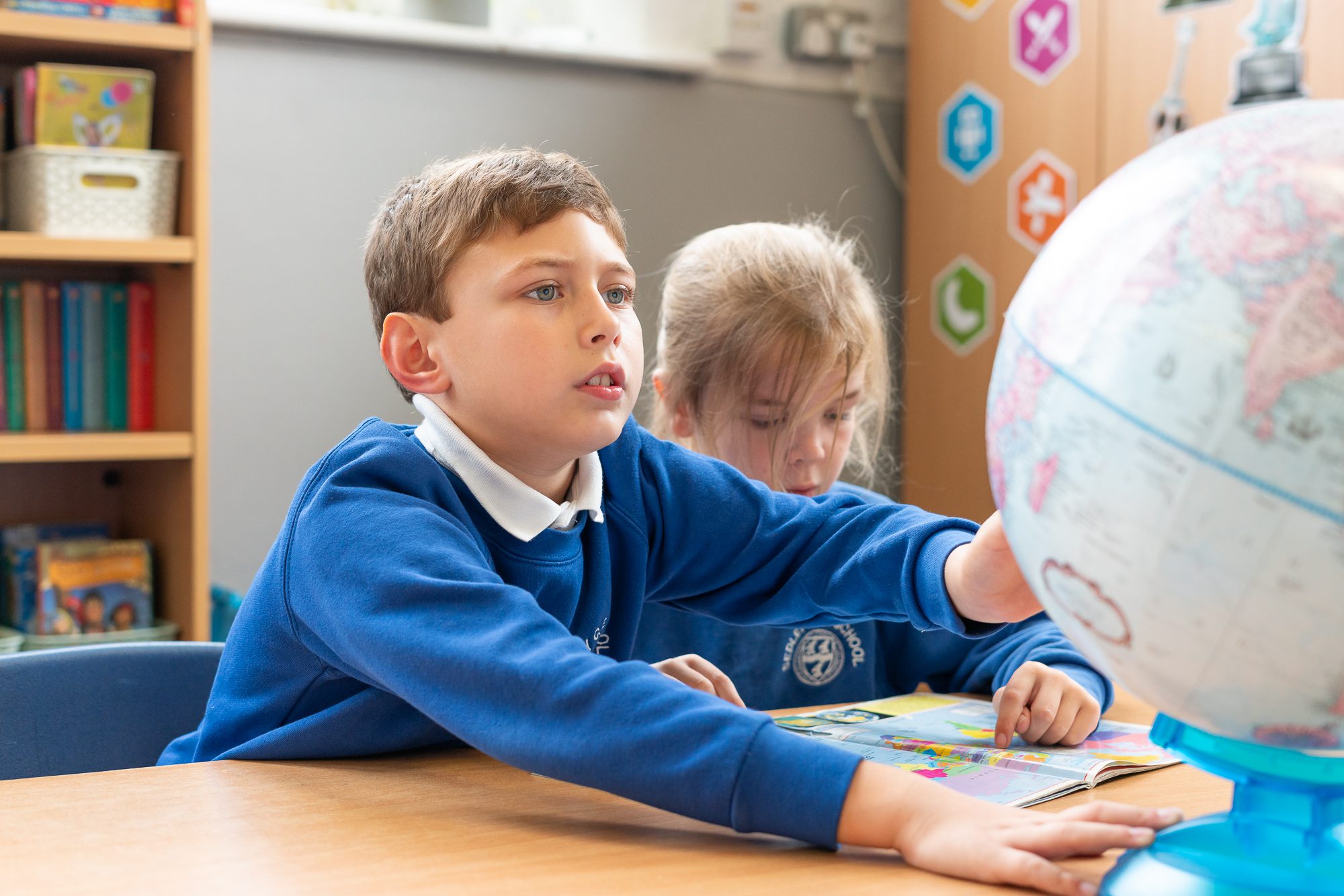Geography encourages pupils’ awareness of what is around them globally and locally, by enhancing their knowledge of countries, regions, cultures, and environments.
Intent
Geography Subject Leader: Mrs T Handley
At Sedley’s we aim to ignite curiosity about the wider world. We want our children to be inquisitive and questioning about other places, people, resources and processes. Our Geography curriculum allows our children to learn about the world around them through enquiry and observation, and we will provide them with a geography rich vocabulary when doing so.


Implementation
Our geography curriculum will give children opportunities to investigate and interpret a range of local, national and global locations through logical progression in a systematic way. We will help our children to become successful geographers through investigation and observation for all abilities. Children will deepen their learning through key themes of human geography, physical geography, map work and comparison. These themes run through the geography learning from Early Years to Year 6 with regular opportunities for revisiting and revising.
All pupils have access to and enjoy using atlases, maps, globes, digital technology, books and photographs alongside opportunities to experience geography through practical tasks beyond the classroom
Impact
Children will leave Sedley’s with a confidence to use geographical vocabulary and a coherent understanding of the wider world and its’ cultures, traditions and the environment. Children will have a greater understanding of their impact on the planet and will equip them with them attitudes needed to be a valuable global citizen.

Geography in Each Stage
In the Early Years Geography is addressed within the Understanding the World Early Learning Goal.
Understanding of the World ELG: People, Culture and Communities – Children at the expected level of development will:
- Describe their immediate environment using knowledge from observation, discussion, stories, non-fiction texts and maps;
- Know some similarities and differences between different religious and cultural communities in this country, drawing on their experiences and what has been read in class;
- Explain some similarities and differences between life in this country and life in other countries, drawing on knowledge from stories, non-fiction texts and – when appropriate – maps.
Continuous provision in the Early Years provides ongoing opportunities for pupils to explore and develop their understanding of the world in their own way
Children in Key Stage One will begin to develop their understanding and use of geographical vocabulary. They will learn about basic maps and be able to locate a variety of seas, continents and places. They will learn about climates around the world, identifying hot and cold places and will be able to make comparisons.
Children will use a widening range of geographical vocabulary and will make comparisons in physical geography between places. They will develop more complex understanding of regions and countries and how they have changed over time. Human processes and the effect on the environment is explored along with a higher level of challenge in using a range of maps and mapping skills.
Geography Progression
SEND Information
Consideration will be given to how learners will be aided to support the school’s commitment to inclusion. Geography lessons will be accessible to all, with teachers adapting and differentiating the expectations and activities based on the needs of the children in their classes.
Geography Extra Resources
Further Geography Help
Fun Geography Games

